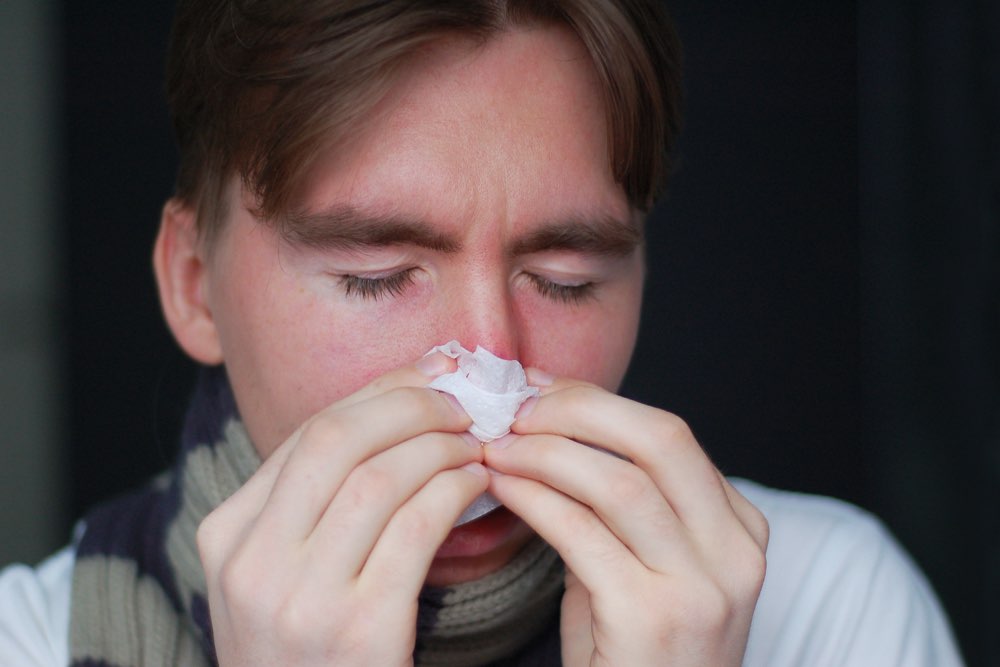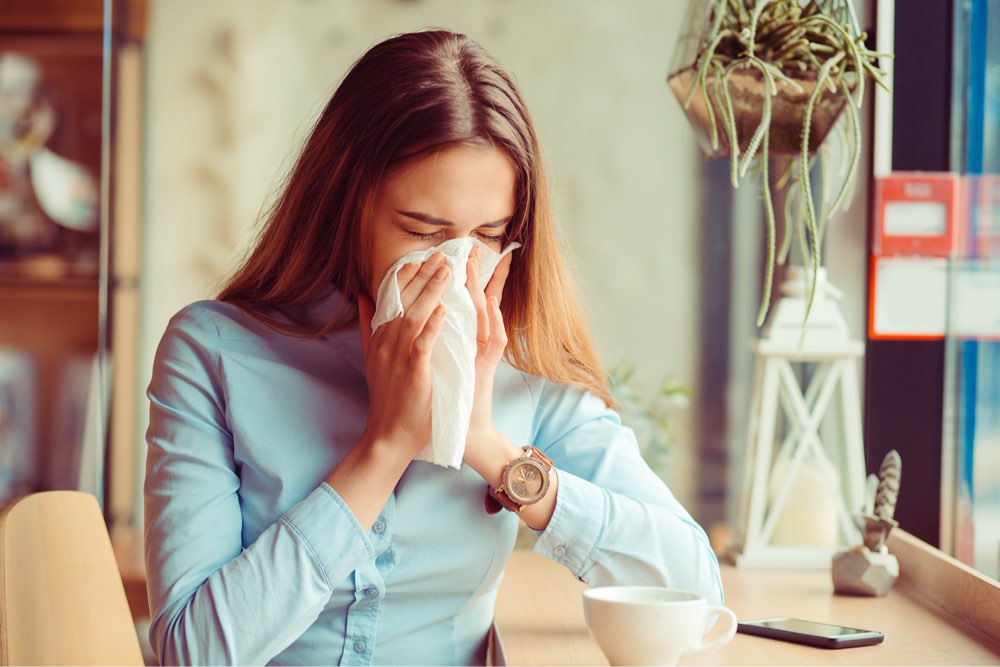Tips for a Restful Night Free from Allergens
Discover effective strategies to reduce allergens in your sleep environment, ensuring a restful night free from sneezing, congestion, and allergy symptoms. From bedding maintenance to personal hygiene, these tips help create a healthier, allergen-free sleep space. Seek professional advice if symptoms persist or worsen.

Allergic reactions happen when the immune system responds to triggers like dust, pollen, or pet dander, causing issues such as sneezing and congestion that can interfere with sleep quality. To promote a comfortable, allergy-free sleep environment, follow essential preventive steps.
Change bedding frequently
Mattresses and pillows can be home to dust mites and allergens. Regularly replacing bedding and using hypoallergenic covers can significantly decrease allergen exposure.
Reduce pet contact in sleeping areas
Pet fur often carries allergens like dander and pollen. Keeping pets out of bedrooms reduces allergen buildup and improves sleep quality.
Manage pollen levels
During peak pollen seasons, keep windows closed and operate air conditioners with HEPA filters to limit airborne allergens.
Maintain a clean, allergen-free environment
Vacuum the entire room regularly and wipe surfaces with white vinegar to remove mold and dust. Use dehumidifiers or maintain air conditioning at around 70°F to keep humidity low, discouraging dust mites and mold growth.
Practice good personal hygiene
Shower and wash hair before bed to rinse off pollen and dust that may have accumulated during the day, reducing allergens in your sleeping space.
If allergy symptoms worsen or cause breathing difficulties, seek medical help immediately or contact emergency services.
Note: Our blog provides informative content on various topics. While based on research, it is not a substitute for professional medical advice. Always consult a healthcare provider for allergy-related concerns or severe symptoms.


